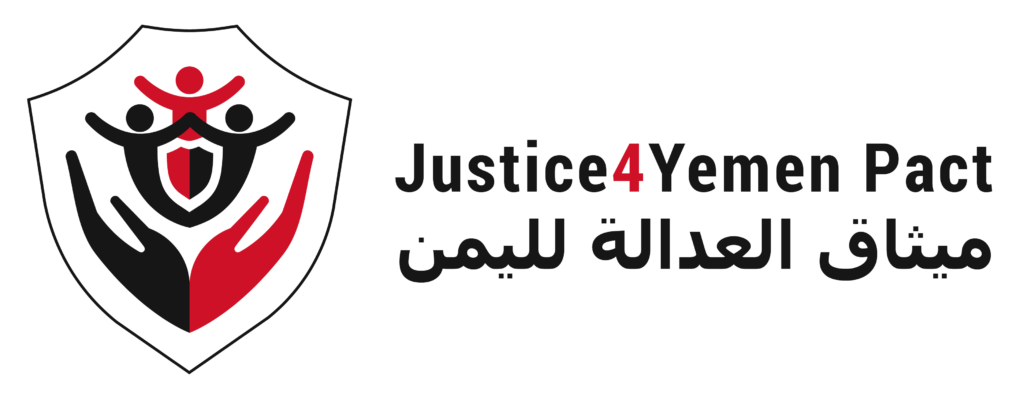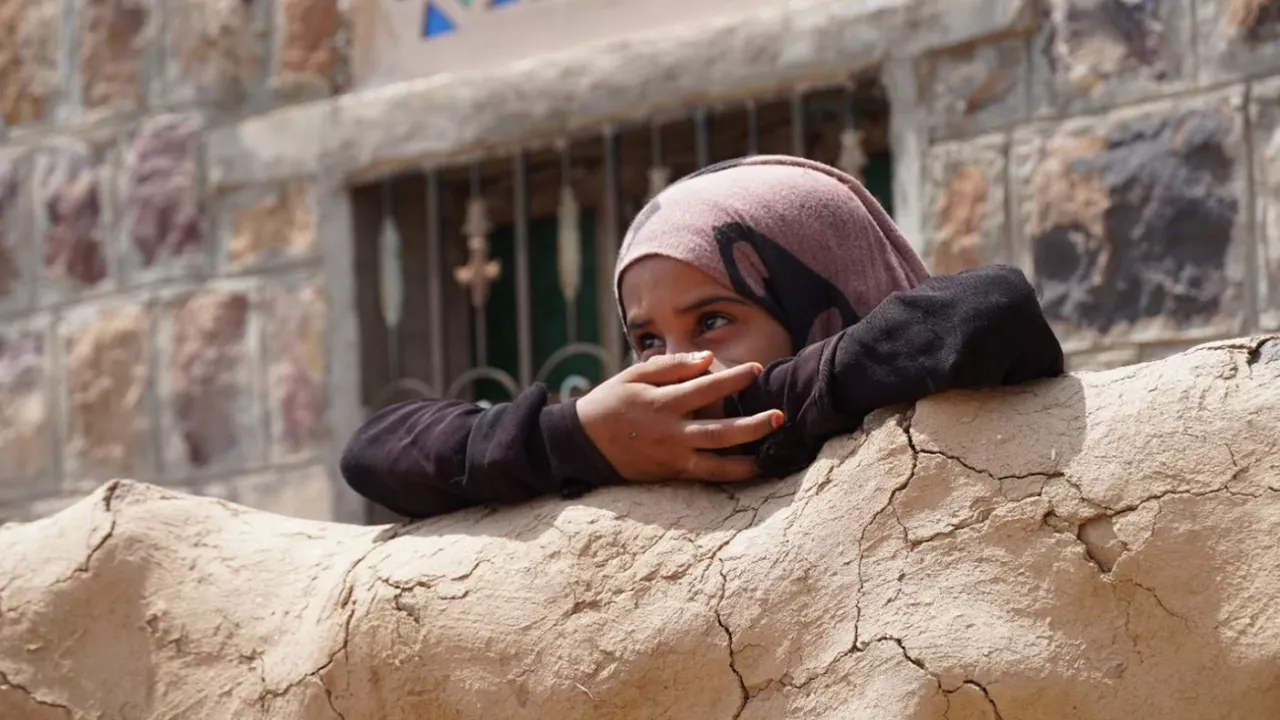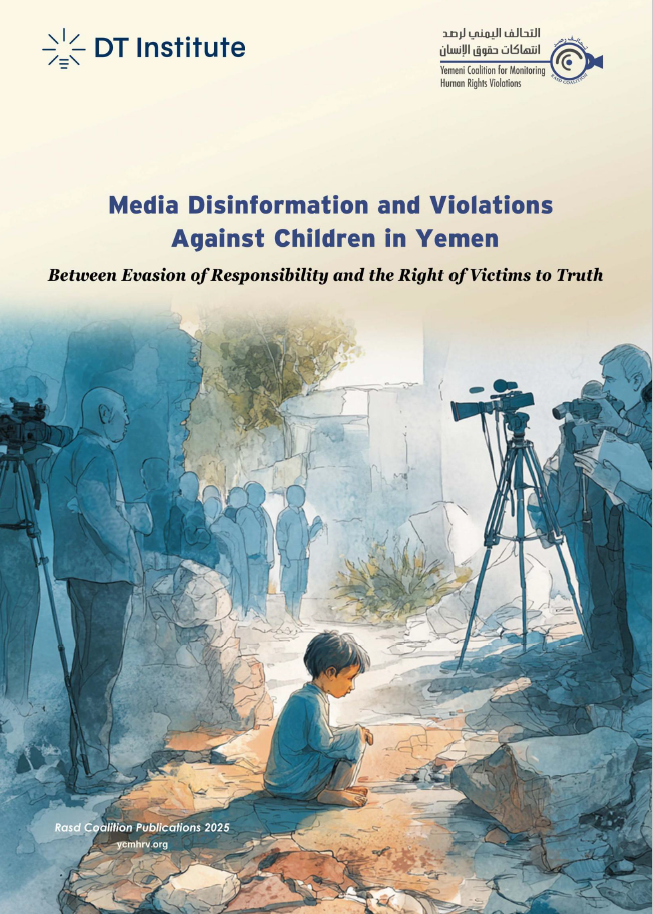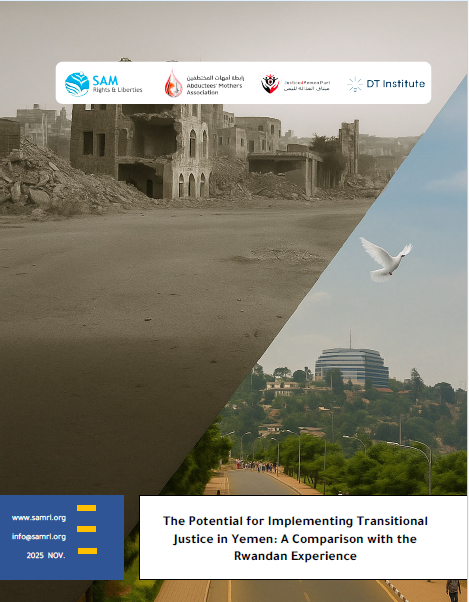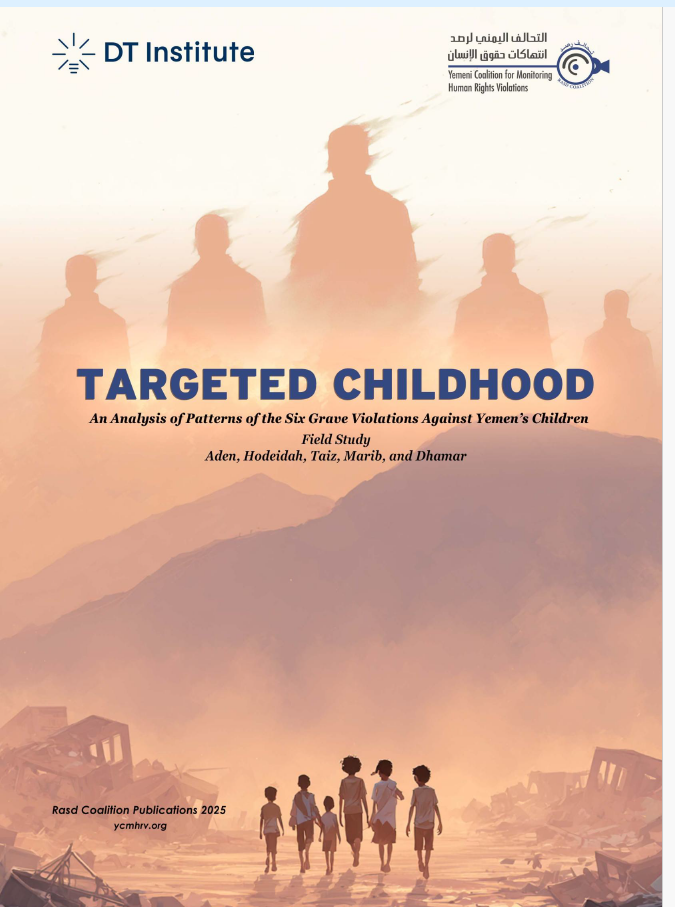In 2019, Amani (a pseudonym), a 14-year-old girl, left her makeshift shelter as she did every morning to collect discarded plastic bottles from the narrow alleys of a village where her displaced family had sought refuge. They had fled the shelling in Taiz to a rural district in Lahj governorate, southern Yemen.
Amani had escaped the thunder of war only to face another battle — a silent, grinding struggle against poverty, humiliation, and vulnerability.
A Life Without Protection
Amani was born into a marginalized family living in a small wooden shack without a roof to shield them from rain — and without a law to protect them from predation. Her father, unemployed and desperate, sent Amani and her five siblings into the streets to collect recyclable plastic and leftover scraps to sell for survival.
That morning, Amani left home as usual — but she did not return as she was. On a deserted road, a man in military uniform stopped her. He belonged to one of the newly established government brigades formed under a presidential decree and supported by the Saudi-led Coalition.
He forcibly dragged her away in full view of a nearby woman, N.S., 21 years old, who tried to intervene but could not rescue the child from his grip. The perpetrator, A.H., took Amani in his vehicle to an isolated area where a single wooden hut stood. There — as Amani later recounted — her childhood was stolen forever.
A Small Body, a Terrifying Threat
After the sexual assault, the perpetrator abandoned Amani near her home — bleeding, trembling, and under threat. He warned her that if she reported him, he would kill her entire family.
Barely able to stand, Amani crawled back toward her shack, collapsing again and again under the weight of fear and pain. When she finally reached home, she fell into her mother’s arms, weeping — uncertain whether she was still alive or had just crossed into death.
Amani’s mother knew the assailant’s identity but was powerless to act. He was a soldier; they were displaced. Filing a complaint, she said, would be a death sentence.
“Amani told me he was following her,” her mother whispered. “But I was too afraid. We have no one. No one listens to us.”
Silence as a Means of Survival
Across Yemen, hundreds of violations are committed against women and children every year, yet few reach the justice system. Their silence is not weakness — it is survival. Fear of retaliation, social stigma, and the collapse of judicial protection systems have forced victims to live — and die — in silence.
Amani found no doctor, no lawyer, and no safe shelter. But she found her aunt, who took her in and cared for her in another village. There, Amani began psychological therapy, provided through the Insaf Center for Rights and Development, in Al-Burayqah District, Aden. The Center provided her with counseling and awareness sessions. Gradually, Amani began to believe that life might not end with the first betrayal.
A Lost Childhood in a Forgotten Land
Once known as “Happy Arabia,” Yemen has become one of the most tragic places on earth for children.
According to UNICEF, more than 11 million Yemeni children are in urgent need of humanitarian assistance, and one in ten faces the risk of violence or exploitation.
UN data show that grave violations against children in conflict — including killing, recruitment, and sexual violence — have reached record levels in recent years. The 2024 UN Secretary-General’s Report on Children and Armed Conflict documented tens of thousands of grave violations globally, with a significant increase in sexual violence cases, many of which remain unverified.
Local Realities: Hidden and More Dangerous
National organizations have documented even more alarming local trends.
An investigative report by the Insaf Center for Rights and Development on marginalized children recorded 16 cases of sexual assault and harassment, including 8 girls aged 7–15 and 8 boys aged 5–10.
The report highlighted the severe poverty, displacement, and lack of protection facing these communities, noting that the actual numbers are likely far higher, as many victims remain silent out of fear of shame and retaliation.
The documented violations included rape, sexual harassment, abduction and threats, and deprivation of protective services. The Center linked the rise in abuses to weak protection mechanisms and widespread impunity, particularly for perpetrators affiliated with armed groups or holding social influence.
Despite growing evidence, most offenders remain unpunished — because justice, like childhood in Yemen, is broken.
Justice4Yemen Pact Findings
The Justice4Yemen Pact report, Shedding Light on Unreported Sexual Violence Against Children in Yemen’s War – Documented Cases (June 2024), compiled documentation from local partners, including Watch 4 Human Rights (W4HR), which recorded 13 cases between April 2022 and December 2023. The report analyzed underreporting and the absence of official data.
Similarly, the SAFE II investigative report documented 16 cases of rape and sexual harassment among marginalized children, offering detailed insights into age and gender profiles of the victims.
Law Without Enforcement, and Blind Justice
Yemen’s Penal Code (Law No. 12 of 1994) criminalizes sexual assault and rape, prescribing varying penalties depending on the severity and circumstances of the crime. Article 269 stipulates harsher penalties, including the death sentence, when the victim is a minor or under the offender’s authority.
Yemen has ratified the Convention on the Rights of the Child, but in practice, laws are written in ink and erased by fear — hung on office walls while childhood continues to be violated in the streets.
Even when survivors summon courage to report, they face immense barriers. Legal costs, travel expenses, and court fees are far beyond the reach of marginalized families. The absence of witness protection mechanisms and the judiciary’s limited capacity to investigate crimes involving powerful or armed individuals reinforce a culture of impunity and keep justice out of reach for Yemen’s most vulnerable children.
Unhealed Wounds
Amani received limited psychosocial support after moving to her aunt’s home in Kood Quro, Al-Burayqah District, through the Insaf Center. Yet psychosocial and child protection services remain scarce in Yemen, especially in rural areas and displacement camps.
Amani may have found a measure of emotional stability today — but her spirit still walks barefoot over the ashes of fear.
Who Will Console Yemen’s Childhood?
Amani’s story is not unique — it is the story of thousands of children across Yemen. Children deprived of education, play, safety, and even the right to silent peace.
They do not seek pity — they demand justice.
They do not need charity — they need dignity.
In a country ravaged by a decade of war, childhood remains the first to be thrown into the fire and the last to be rescued. As if the nation itself conspires with war to tell its children:
“To be born a child in Yemen is crime enough to be sentenced to lifelong pain.”
From Pain to Action
Amani is one of thousands of children carrying burdens far heavier than their years. Her story should not end in silence but serve as a call to action — to strengthen accountability, establish blacklists for perpetrators within armed formations, create safe and anonymous reporting channels for survivors, and form specialized police units to investigate sexual violence against children.
It also calls for increased funding for psychosocial support, protection services for children and displaced families, and rehabilitation programs for members of armed groups — as part of a comprehensive strategy to end impunity.
These are not acts of charity but political and moral imperatives — necessary steps to restore the stolen dignity of Yemen’s children.
Insaf Center’s Continuing Efforts
The Insaf Center for Rights and Development continues to conduct awareness sessions and community campaigns encouraging survivors to report violations and seek assistance. The center provides continuous psychosocial and social support to girls like Amani, reaffirming that child protection is not a slogan but a human duty and shared responsibility.
To enhance accessibility and transparency, the center has activated a confidential hotline for reporting child rights violations, ensuring full privacy, case follow-up, and provision of necessary support.

